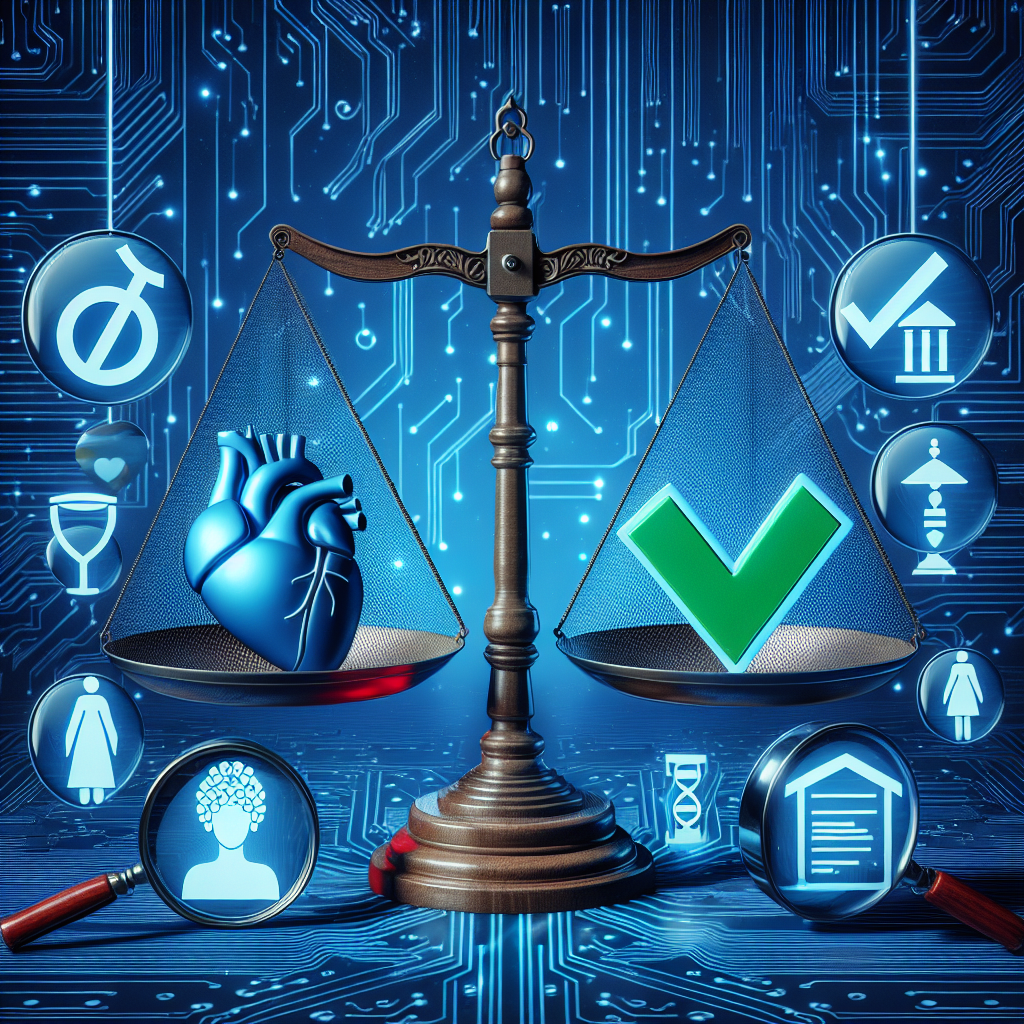In recent years, the use of artificial intelligence (AI) in legal systems has become increasingly prevalent. AI-powered legal systems have the potential to greatly improve efficiency, accuracy, and access to justice. However, with this advancement comes a host of ethical and accountability challenges that must be addressed to ensure that AI is used in a fair and responsible manner.
Ethics in AI-Powered Legal Systems:
One of the key ethical considerations in AI-powered legal systems is the potential for bias. AI algorithms are only as good as the data they are trained on, and if that data is biased, the AI system will produce biased results. This is particularly concerning in the legal field, where decisions made by AI systems can have serious consequences for individuals. For example, if an AI system used by a court to predict the likelihood of a defendant reoffending is biased against certain demographics, it could result in unfair outcomes for those individuals.
Transparency is another important ethical consideration in AI-powered legal systems. Users of AI systems, including judges, lawyers, and litigants, should have a clear understanding of how the system works and how decisions are made. This includes knowing what data is being used, how it is being used, and how the system arrives at its conclusions. Without transparency, it is difficult to hold AI systems accountable for their decisions.
Accountability in AI-Powered Legal Systems:
In order to ensure accountability in AI-powered legal systems, there must be mechanisms in place to address errors and biases in the system. This includes the ability to audit AI systems to ensure that they are functioning as intended and to identify and correct any biases that may exist. Additionally, there should be avenues for individuals to challenge decisions made by AI systems and to seek redress for any harm caused by those decisions.
Another important aspect of accountability in AI-powered legal systems is the need for oversight and regulation. Governments and regulatory bodies should establish guidelines for the use of AI in the legal field, including requirements for transparency, fairness, and accountability. These guidelines should be regularly updated to keep pace with advancements in AI technology and to address new ethical and accountability challenges as they arise.
FAQs:
Q: How can we ensure that AI-powered legal systems are unbiased?
A: One way to address bias in AI systems is to carefully select and curate the data used to train the system. Additionally, regular audits of the system can help to identify and correct biases that may exist.
Q: What role should humans play in AI-powered legal systems?
A: Humans should always have oversight of AI systems in the legal field to ensure that decisions are fair, transparent, and accountable. While AI can assist in decision-making, the final decision should ultimately be made by a human.
Q: What are the potential benefits of AI-powered legal systems?
A: AI-powered legal systems have the potential to greatly improve efficiency, accuracy, and access to justice. They can help to streamline processes, reduce costs, and ensure that decisions are made based on data and evidence.
In conclusion, ethics and accountability are crucial considerations in the development and use of AI-powered legal systems. By addressing bias, ensuring transparency, and establishing mechanisms for oversight and regulation, we can harness the potential of AI to improve the legal system while safeguarding against harm and injustice. It is essential that we continue to engage in dialogue and research on these issues to ensure that AI is used in a responsible and ethical manner.

